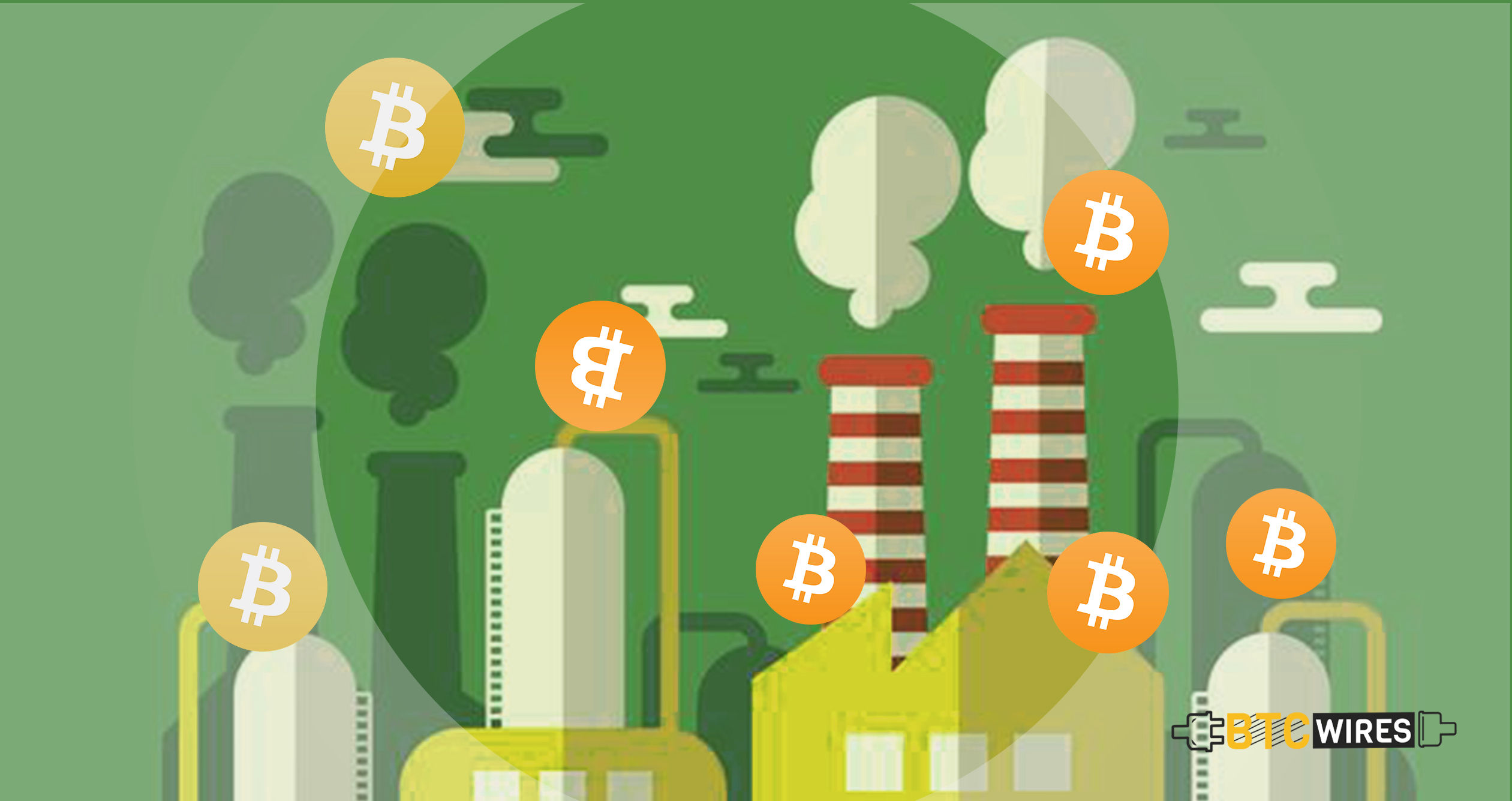They came for privacy, data and even took our memes.

They came for privacy, data and even took our memes. If the more hyperbolic features are to be trusted, then the European Union’s sanction of the controversial Article 13 copyright law will have repercussions for purveyors of exceedingly shareable online substance.
The fact of the matter is less draconian. All things considered, Article 13, combined with a year ago’s GDPR laws, has implications for all tech organizations, including blockchain ventures.
You May Also Read: Blockchain Technology- Just A Hype?
Article 13 for Crypto Industry Passes, but Memes Earn an Abatement
The EU’s GDPR law, which is described as the most important change in data privacy regulation in 20 years, got a mixed reaction upon its introduction a year ago. Within the crypto industry, the fallout was limited to only a few of the projects that bowed out instead of acceding to the incoming regulations.
As hybrid blockchain firm, LTO Network noted –
“GDPR posed an even greater challenge to blockchain projects owing to the intrinsic characteristic of the technology, even causing some projects to shut down and go out of the business.”
As the European Parliament has voted in Article 13, cryptocurrency firms face another logistical challenge – how to stay agreeable while working on public blockchain networks that are intended to be censorship-resistant, and along these lines impenetrable to copyright law.
A bunch of crypto organizations, LTO Network being one of them, haven’t recently adapted to new EU data laws as they’ve embraced them. The Dutch-based blockchain organization gives GDPR compliant administrations to clients getting to the public as well as private blockchains. This week, it inked an arrangement with one of Europe’s greatest electronic signing parties, Signrequest, to verify its reports on the LTO Network.
You May Also Read: Is Ethereum a Private or Public Blockchain?
What Did the European Union Mean by This?
Not every person is enchanted with the European Union’s data directives Digital liberties group, Electronic Frontier Foundation, has depicted Article 13 as “an oversight machine that puts a large number of daily activities and a great many web users at helpless before algorithmic channels.”
Opponents of the copyright law include Tim Berners Lee, who is directing a decentralized social application called ‘Solid’ that will empower users to own and control their information. Content shared “for reasons for citation, analysis, survey, parody, and pastiche,” will be rejected from Article 13, so memes ought to be sheltered at least. That is as perceiving how Article 13 itself has enlivened plenty of images.
In any case, shouldn’t something be said about the other types of copyright content that may be uploaded to cryptocurrency networks, in repudiation of GDPR or Article 13?
At the point when the copyright encroachment claims begin to fly in, the cryptocurrency community will observe mindfully to see which so-called blockchains censor content that was uploaded onchain, and which ones decline on the grounds that it is possible that they won’t or they can’t.
Article 13 was considered to cinch down on the burglary of protected property. How unusual if its essential advantage came to be as a litmus test on the decentralization of cryptocurrency networks.
Here are a Few Articles for You to Read Next:

